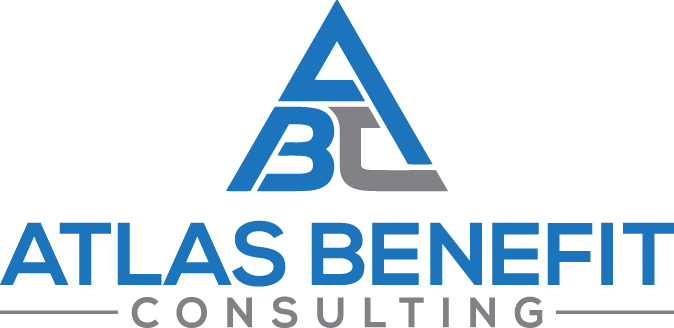Our last blog post discussed the alarmingly high rate at which veterans suffer from insomnia and other sleep disorders. While those numbers are discouraging, they provide some glaringly obvious information; more needs to be done to bring about awareness, acceptance, and treatment/help for sleep issues in veterans. This post is going to talk about some things that could possibly set you up for better sleep. Keep in mind that not every idea or suggestion works for everyone, but it’s worth trying something new at least a few times to see if it helps relax you or get you to dreamland a bit easier.
Communicate and Get Help for Sleep Problems
- The first step is making sure you have talked to your doctor about any sleep issues you are having. Remember, many veterans consider insomnia or sleep disorders “normal”, and don’t bring them up. This may mean you need a C&P exam to establish a diagnosis and support a claim. If you do not get favorable results from this exam, it’s worthwhile to see a private physician to get a second opinion. Don’t give up!
- If your insomnia or sleep issues are related to PTSD, TBI or other service-related incidences, ensure you are making that connection and getting help with those things. Insomnia can be a symptom of injuries and conditions, and treating/getting support for the root cause is the best practice for improvement all around.
- Learn and ask about Cognitive Behavioral Therapy (CBT-i) for insomnia. Visit here for information and resources regarding CBT-i.
- Understand service-connection and VA ratings for insomnia and sleep disorders.
Bedtime Routine
It might sound cheesy, but a solid and specific bedtime routine is usually extremely helpful in getting better sleep.
- Keep your bedroom cool, dark and quiet at bedtime.
- Avoid screen time (TV, cell phone usage, computers, etc.) for at least an hour before you want to go to bed. The light from these devices signals to the brain that it’s not time to sleep yet…and can disrupt normal melatonin and sleep cycles.
- Calming scents such as lavender may help with relaxing. Try an oil diffuser, lavender or sleepy lotion, or a pillow spray before bed.
- Avoid doing other activities in your bed (like computer work, TV watching, etc) to communicate to your brain that the bed is for sleeping and to get you in a relaxed state more easily.
- As much as possible, try to go to bed and wake up around the same times.
- Nix drinking alcohol close to bedtime. It’s helpful to limit daytime alcohol as well, as it impacts anxiety, mood, and sleep.
- Eat lighter dinners and avoid heavy snacking before bed.
- If possible, squeeze in a relaxing, low-impact evening walk a few hours before bedtime.
Daytime Routine
There are certain things you can do during the daytime that may help you once it’s time for some shuteye.
- Get fresh air and outside time during the day
- Exercise or spend time in physical movement during the day. Doing this too close to bedtime is disruptive to some people’s sleep, so try to do it at least a few hours before you want to go to bed.
- Eat whole food items as much as you can at meals. Fried, packaged and processed foods have been proven to be more disruptive to sleep due to the preservatives and ingredients making it harder for your digestive system to break things down and digest.
- Some medications or supplements can interfere with sleep if taken too late in the day. Make sure you’re aware (ask a doctor if you aren’t sure!) if anything you are taking has the potential to affect sleep. If it does, take it early in the day if possible.
- Cut off caffeine consumption by lunchtime. It is also helpful to many to cut down on the amount of caffeine consumed; even in the morning. Many find that limiting themselves to 1-2 cups in the morning significantly impacts their anxiety, sleep, and mood.
General Tips & Info
Manage stress and anxiety as much as possible
- Seeking out a therapist, counselor or group can be extremely beneficial for overall stress management. As we’ve discussed in several posts previously, connection is KEY! Don’t hide that you are struggling with relaxing or sleep.
- Try meditation, yoga, or breathing techniques. (Or all 3!) Even simple exercises and repetition with these types of calming and grounding activities can be impactful, as they help the body learn to get out of a “high alert” state, which is very common for veterans.
- Keep a notebook or journal next to your bed. If you are experiencing nightmares related to PTSD or other causes, it can be helpful to jot them down when you wake.
Let us know if any of these suggestions and tips help you! Remember to share this with any veteran or person in your life who might benefit!
Connect with Us!
How confident are you that your VA disability rating is accurate? Use the button below to connect with a member of our team for a free screening and consultation. This screening will determine if we can help you. If we can’t, we’ll give you other resources for good next steps! Don’t go it alone-reach out today!
Click Here for Info on Your Free Consultation

